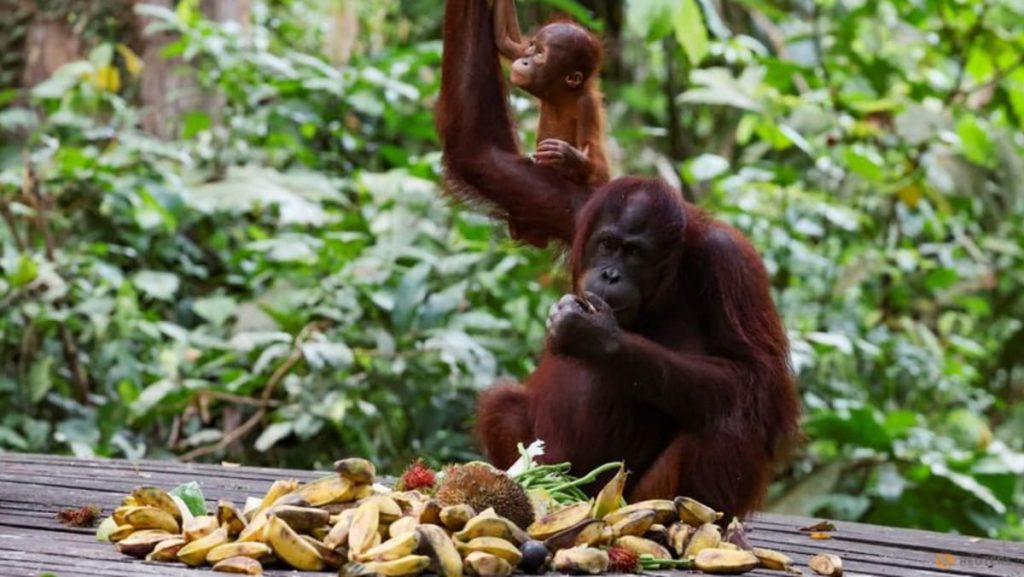Minister Johari Abdul Ghani announced on Sunday that any gifted orangutans will remain in Malaysia and conservation efforts will be carried out in forest areas or patches within oil palm plantations with high conservation value. These areas will provide the orangutans with space to move freely, find food, and reproduce without interference from humans or other activities. This decision reflects a commitment to conserving the critically endangered orangutans in their natural habitats while addressing the challenges posed by the palm oil industry.
China’s use of panda diplomacy as a form of soft power is well-known, as it loans pandas to foreign zoos under strict conditions, including returning any offspring to join China’s breeding programme. This approach has helped strengthen relationships between China and other countries, while also contributing to conservation efforts for the endangered giant pandas. Malaysia’s decision to keep gifted orangutans within the country and focus on conservation in forest areas within oil palm plantations highlights a similar commitment to protecting and preserving the natural habitats of these iconic primates.
The use of palm oil in a wide range of products, including food, cosmetics, and personal care items, has led to increased demand for this commodity globally. Malaysia and Indonesia are the top producers of palm oil, with the majority of global output coming from these two countries. The reliance on palm oil for various products has raised concerns about the impact of palm oil plantations on natural habitats, including those of critically endangered species like orangutans. Minister Johari Abdul Ghani’s announcement indicates a recognition of these challenges and a commitment to ensuring that conservation efforts are prioritized in forest areas with high conservation value.
The decision to conduct conservation activities in forest areas or patches within oil palm plantations is significant as it demonstrates an acknowledgment of the need to balance economic interests with environmental conservation efforts. By providing orangutans with space to move freely, find food, and reproduce without interference, the Malaysian government is taking steps to mitigate the impact of palm oil plantations on these endangered primates. This approach aligns with the goal of promoting sustainable practices within the palm oil industry while also protecting the natural habitats of orangutans and other wildlife species that are affected by deforestation and habitat loss.
The importance of conserving endangered species like orangutans extends beyond environmental considerations and has broader implications for biodiversity conservation and sustainable development. By prioritizing conservation efforts in forest areas with high conservation value within oil palm plantations, Malaysia is taking a proactive stance in addressing the challenges posed by the palm oil industry on wildlife habitats. This approach not only supports the protection of orangutans but also contributes to the overall goal of promoting sustainable practices that balance economic interests with environmental conservation objectives.
In conclusion, Minister Johari Abdul Ghani’s announcement regarding the conservation of gifted orangutans in Malaysia underscores the country’s commitment to protecting endangered species and their natural habitats. By focusing on conservation activities in forest areas or patches within oil palm plantations with high conservation value, Malaysia is taking steps to address the challenges posed by the palm oil industry on wildlife habitats. This decision reflects a broader commitment to promoting sustainable practices within the palm oil industry while also prioritizing the protection of critically endangered species like orangutans. Ultimately, this approach highlights the importance of balancing economic interests with conservation efforts to ensure the long-term survival of wildlife species and the preservation of natural ecosystems.


